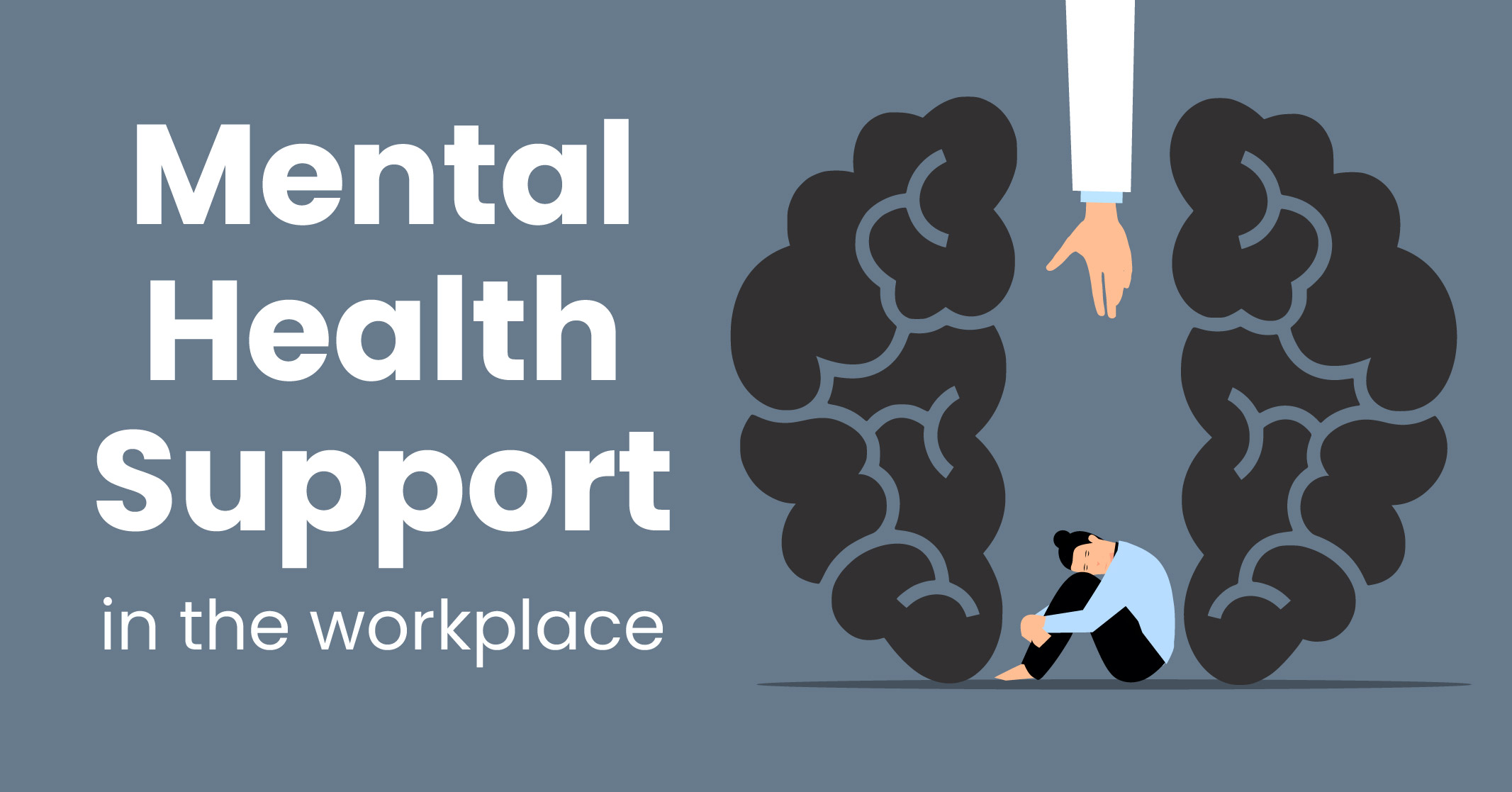Comprehensive Inpatient Mental Health Solutions for Effective Therapy
Inpatient mental wellness services represent a critical element of the medical care system, providing a structured and extensive atmosphere for people experiencing severe mental distress. These solutions use a multidisciplinary method, incorporating numerous evidence-based therapies to deal with the intricate demands of patients. The performance of such detailed care expands past immediate stablizing; it additionally includes the transition to outpatient assistance, an essential stage usually overlooked - inpatient mental health services. Discovering the subtleties of this continuum exposes substantial effects for both private healing and broader mental health outcomes. What factors really influence this transition, and just how can we boost its performance?
Understanding Inpatient Mental Wellness Providers
Inpatient mental wellness services give important support for people experiencing serious psychological distress that can not be taken care of efficiently in an outpatient setting. These solutions are designed to supply an intensive degree of care in a structured atmosphere, frequently within a medical facility or specialized center. Individuals admitted to inpatient programs commonly show intense signs, such as self-destructive ideation, serious depression, or psychosis, requiring round-the-clock tracking and treatment.
The admission process generally includes a thorough evaluation by psychological health specialists, who review the individual's psychological state, background, and instant demands. Once admitted, people take part in a range of healing modalities tailored to their details requirements, including drug management, private treatment, and team sessions. This holistic technique intends to support the individual's condition, advertise security, and foster coping abilities.
Inpatient psychological health and wellness services not just address immediate health issues yet additionally work as a bridge to recurring care. By offering a controlled setting, these solutions promote the development of therapy plans that can be continued in outpatient settings, therefore ensuring a continuum of care and improving long-lasting results for individuals with complicated mental health and wellness requirements.
Secret Parts of Effective Therapy
Efficient therapy in inpatient psychological health and wellness services makes up a number of essential elements that foster recovery and stabilization. Firstly, an extensive assessment is vital to determine the individual's specific needs and obstacles. This analysis notifies the development of a tailored therapy strategy, which functions as a roadmap for treatment.
An additional important element is the multidisciplinary group technique. Partnership among psychoanalysts, psycho therapists, nurses, and social employees makes sure that different perspectives add to the individual's care, boosting the effectiveness of treatment. Evidence-based healing methods, such as cognitive-behavioral treatment (CBT) and dialectical behavior modification (DBT), are likewise integral, giving structured techniques that attend to maladaptive thought patterns and behavior issues.

Finally, a focus on aftercare planning is vital to guarantee a smooth shift to outpatient services, decreasing the threat of relapse and promoting lasting wellness. These collective elements develop a reliable therapy structure within inpatient mental health and wellness services.
Advantages of Comprehensive Care

Comprehensive care in inpatient mental health and wellness solutions offers various benefits that considerably enhance patient results. Among the main advantages is the alternative strategy to therapy, attending to not just the psychological signs but likewise the physical, social, and psychological requirements of people. This comprehensive evaluation permits customized treatments that promote general health.
An additional advantage is the assimilation of multidisciplinary groups, which cultivates partnership among health care experts. This collective environment guarantees that clients receive coordinated care, reducing the risk of fragmented therapy and enhancing communication amongst caretakers. In addition, thorough treatment assists in continuity of solutions, allowing for seamless changes from inpatient to outpatient setups, which is vital for long-lasting healing.

Lastly, the structured setting of thorough inpatient treatment supplies a risk-free space for patients to participate in healing tasks, assisting them develop dealing approaches and durability. Collectively, these benefits add to extra efficient treatment and improved top quality of life for people experiencing mental health situations.
Evidence-Based Restorative Methods
In the world of psychological health therapy, evidence-based healing techniques play a critical role in guaranteeing that clients get effective and clinically supported interventions. These approaches incorporate the finest available research study with medical competence and client worths, promoting a tailored therapy experience that resolves private requirements.
Cognitive Behavior Therapy (CBT) is among the most extensively recognized evidence-based approaches, concentrating on determining and altering negative thought patterns and habits. This structured technique useful content has demonstrated efficiency in dealing with problems such as clinical depression, ptsd, and anxiousness. In A Similar Way, Dialectical Behavior Modification (DBT) is especially reliable for individuals with borderline individuality disorder, stressing the advancement of emotional policy and interpersonal effectiveness skills.
In addition, medication monitoring is frequently an important element of evidence-based treatment, as psychotropic medicines can minimize signs and enhance general performance. Collective treatment designs, which entail multidisciplinary teams, better enhance the effectiveness of inpatient services by ensuring extensive analyses and continual surveillance.
Eventually, the combination of evidence-based healing strategies not just promotes favorable scientific outcomes however also equips clients, fostering a sense of firm and durability in their mental wellness journeys.
Transitioning to Outpatient Assistance
The transition from inpatient mental health services to outpatient support notes an important stage in a patient's recovery trip. This period needs try here careful planning and control to ensure continuity of care and to mitigate the risks of regression or situation. Reliable discharge planning should commence early in the inpatient keep, including a multidisciplinary team that includes psychoanalysts, psycho therapists, registered nurses, and social employees.
Crucial element of a successful change consist of the development of a thorough aftercare plan tailored to the person's particular demands. This plan should outline follow-up visits, drug administration, and restorative treatments, in addition to identify neighborhood sources and support system that can help with ongoing healing.
Moreover, client and family members education and learning is important throughout this stage. Understanding the signs of potential troubles and the importance of adhering to therapy can equip clients and their assistance systems.
Regular follow-up and review of the outpatient plan are vital to deal with advancing obstacles. By fostering a collective connection in between outpatient and inpatient carriers, the likelihood of sustained recovery rises, ultimately boosting the individual's lifestyle and decreasing the danger of readmission.

Final Thought
In summary, comprehensive webpage inpatient psychological health services use an important structure for dealing with serious emotional distress through a multidisciplinary method. By incorporating evidence-based therapies, fostering a structured environment, and advertising household participation, these services improve therapy effectiveness. The focus on security and the advancement of coping abilities not just aids in immediate recovery however additionally promotes a smoother change to outpatient care. Eventually, such comprehensive treatment is crucial for long-lasting mental health and wellness and health.
The admission process typically entails a thorough evaluation by mental wellness specialists, who assess the individual's psychological state, history, and prompt requirements.Effective therapy in inpatient mental health solutions comprises numerous key parts that foster recovery and stabilization.Thorough care in inpatient psychological wellness services offers various advantages that substantially boost person results.The change from inpatient mental wellness solutions to outpatient support notes an essential stage in a patient's recuperation trip.In summary, comprehensive inpatient mental health solutions use a crucial framework for addressing extreme psychological distress via a multidisciplinary method.